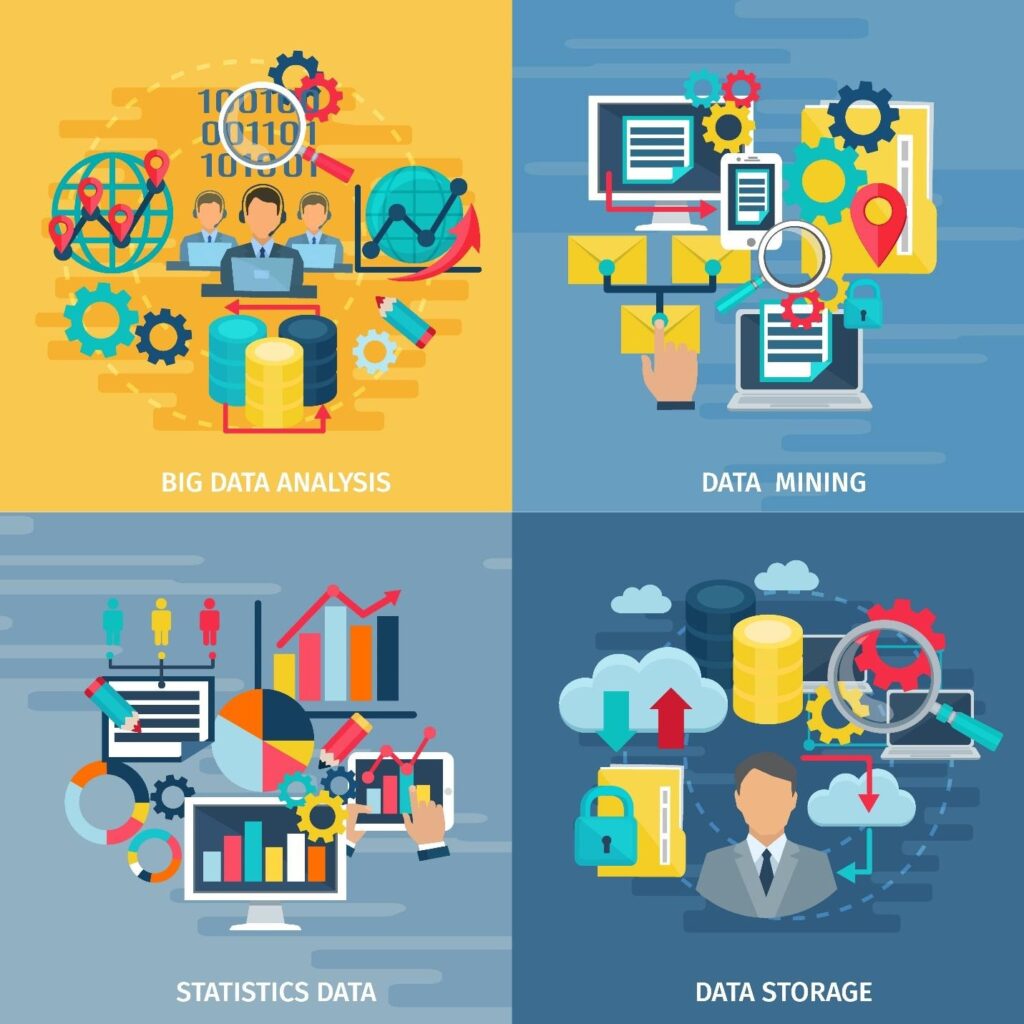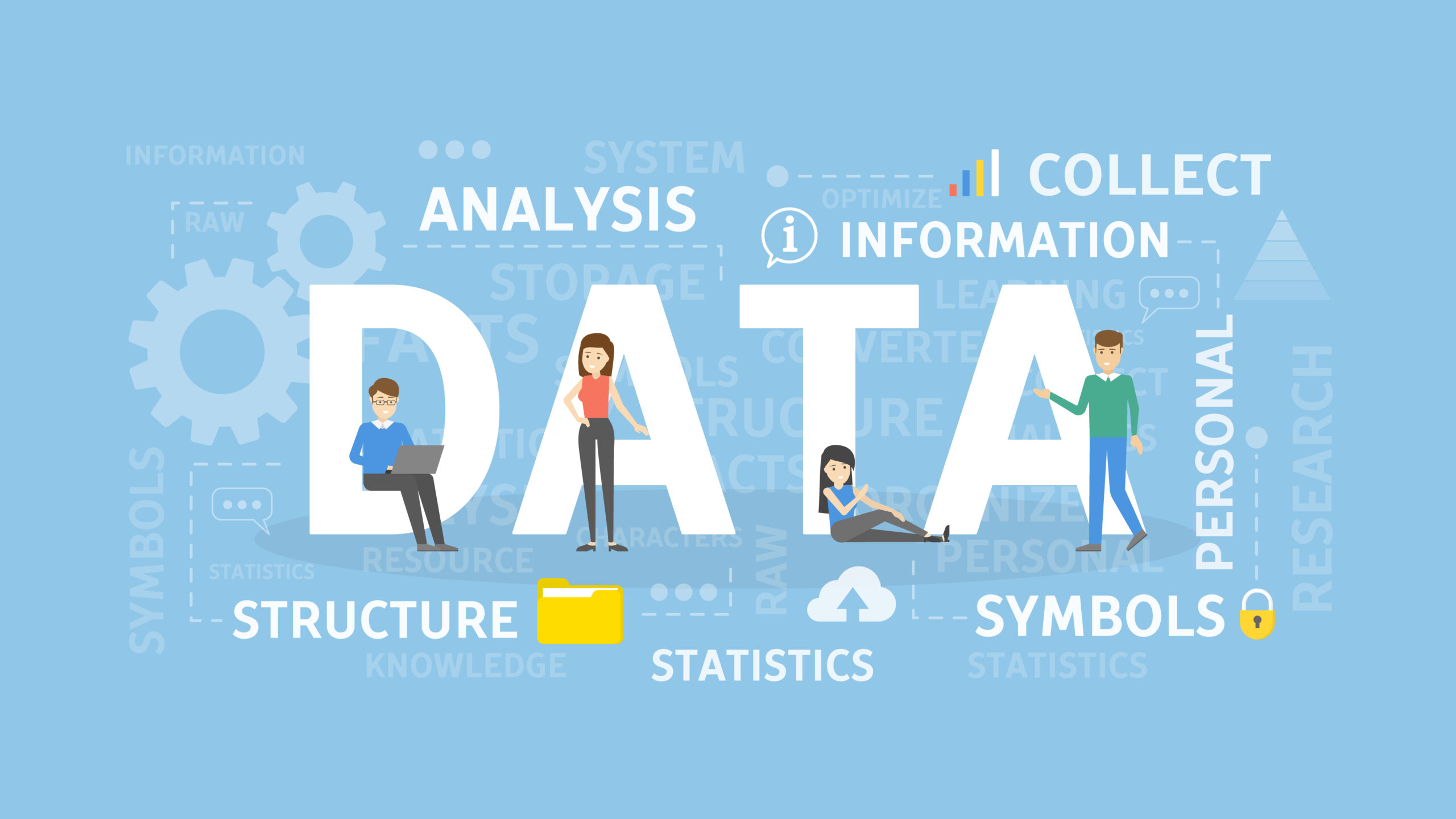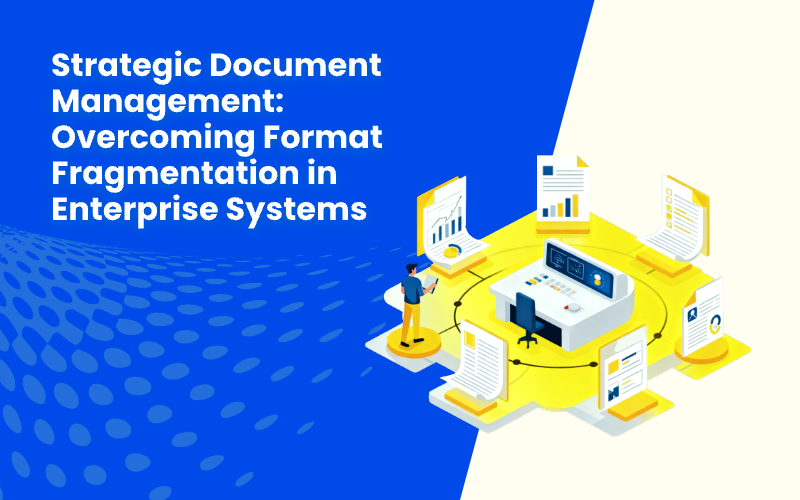When it comes to data science vs data engineering, many organizations and professionals face confusion. Which path suits you or your business best? How do they differ, overlap, and what skills truly set them apart? If you’ve ever searched “data engineering vs data science” or “data science vs software engineering”, you’re not alone.
In this article, we’ll dive deep into the gap between these roles, highlight key skills for each, and show how partnering with a firm like Tambena Consulting can help your business bridge that gap and succeed.
Understanding the Difference: What is data engineering vs data science?
In simple terms:
- A data scientist uses statistical methods, machine learning, and domain knowledge to extract insights from data.
- A data engineer builds and maintains the infrastructure, like pipelines, data lakes, and warehouses, that enable that work.
Here we’ll explore the difference in more detail:
- Data scientists often ask: What insights can we draw? What predictions can we make?
- Data engineers ask: How do we reliably collect, store, process, and deliver that data at scale?
- In contrast, when you hear “data science vs software engineering”, it introduces a third path: software engineers build applications, but maybe don’t focus as heavily on analytics or pipeline architecture.
So if you search for “data science vs data engineer”, you’ll find employers asking for different skill-sets, different mindsets, and different tools.
Why the Distinction Matters
Companies often treat data science and data engineering as the same role, or expect a “unicorn” who can do both.
That leads to mis-hiring, pipeline failures, data insights that never get operationalized, and frustrated teams. Professionals may feel they must master everything, from building ETL pipelines to deploying machine-learning models without clarity.
By understanding exactly what each role requires and where the gaps between them lie, your business can hire/specialize appropriately, set more realistic expectations, and deliver value more reliably. And this is where gap analysis comes into play.
Competitor Gap Analysis
Before we list the skills, it’s valuable for organizations to perform a competitor gap analysis: look at other firms in your industry, examine job postings under “data science vs data engineering”, and summarize which skills are expected but missing in your team.
For instance, maybe you have data scientists who understand modelling but lack pipeline automation, or you have engineers with infrastructure know-how but no analytics mindset.
By doing this gap analysis, you identify the weak link, then you can decide: do you hire a dedicated data engineer? Do you train your data scientists? Or do you partner with an external specialist like Tambena Consulting? A gap-aware strategy ensures neither role is neglected.
Key Skills for data science vs data engineering

Below is a breakdown of which skills are most prominent in each role, and where they overlap.
Skills for Data Science
When comparing data science vs data engineering, here are the core skills for data scientists:
- Strong statistical foundations: hypothesis testing, probability, regression analysis, classification.
- Machine learning and modelling: supervised/unsupervised learning, neural networks, feature engineering.
- Domain knowledge and storytelling: translating insights into business value, communicating results to stakeholders.
- Data wrangling and exploratory analysis: cleaning data, EDA (exploratory data analysis).
- Tools and languages: Python, R, SQL (basic), Pandas, scikit-learn, TensorFlow/Keras.
- Visualisation and reporting: using tools like Tableau, Power BI, matplotlib/seaborn.
- Experimentation and evaluation: A/B testing, model validation, deployment lifecycle (though often handed over to engineers).
These skills ensure your insights are actionable and relevant. If you’re doing “data science vs software engineering”, note that software engineers may not focus on statistical modelling or interpreting data for business impact; they specialize in designing, building, and maintaining software systems.
Skills for Data Engineering
On the flip side, for “data engineering vs data science”, the skills are more infrastructure- and systems-oriented:
- Data pipeline development: ETL/ELT processes, data ingestion from multiple sources, batch vs real-time streaming.
- Data storage and architecture: data warehouses (e.g., Snowflake, Redshift), data lakes, column-store vs row-store, scaling.
- Big data technologies: Hadoop, Spark, Kafka, Flink, cloud-native tools (AWS, Azure, GCP).
- Database systems and optimization: relational, NoSQL, time series, indexing, performance tuning.
- Infrastructure as code, DevOps, monitoring: ensuring reliability, availability, and maintaining the platform.
- Collaboration with data science teams: delivering clean, reliable data so the data scientists can focus on modelling.
When you compare “data science vs software engineering”, data engineering is closer to software engineering, while data science is closer to what data consultants do.
Overlapping Skills and Transition Areas
There are several areas where the roles intersect:
- SQL and basic scripting: both data engineers and data scientists need to query and manipulate data.
- Understanding data needs: both must have a feel for what data exists, how it’s structured, and how it can support analytics.
- Cloud/Big-data familiarity: data scientists increasingly need to understand where data lives (cloud, lake) and how to access it; data engineers need to support that access.
- Communication and collaboration: whichever side you’re on, you’ll work with business stakeholders, technical teams, and leadership.
By conducting a full competitor gap analysis, you might discover, for example, that your team lacks big-data expertise for streaming pipelines, or your data scientists are spending 80% of their time cleaning data instead of modelling. Once you see that, you can invest in training, or bring in a strategic partner.
Why the “vs” in data science vs data engineering matters for businesses
Often you’ll see job titles such as “data scientist generalist”, “machine learning engineer”, or “data engineer”. But unless organizations differentiate the functions and set clear role expectations, the key value is lost. Here’s why:
- If you treat data engineering and data science interchangeably, you risk building advanced models on unreliable data, so insights are wrong or not actionable.
- If your data engineers focus on building systems but not collaborating with analytics, you’ll end up with a robust pipeline yet no ROI because nobody’s extracting value.
- If you invest heavily in data science thinking, but your data engineering foundation is weak, then the data science team will be constantly blocked by performance, data access, or complexity issues.
Hence, the distinction is not academic; it directly influences ROI, time-to-value, and how agile your analytics are.
How Tambena Consulting Services Can Help
At this stage, you may ask: “What can an external partner do? I’m hiring internally.” That’s a valid question. Here’s where Tambena Consulting steps in.
Bridging the infrastructure-analytics gap
Tambena Consulting offers full-cycle software development and database management services. Their database consulting services include data warehouse design, migration, performance tuning, BI services, and data modernization.
For a business looking at “data science vs data engineering”, Tambena can help:
- Set up your data infrastructure (data engineering side): build pipelines, data lakes/warehouses, ensure data reliability and scalability.
- Enable analytics and modelling (data science side): deliver clean, structured data so your data scientists can focus on insights and machine learning—not cleaning and infrastructure headaches.
- Gap analysis and strategy: They can conduct a competitor gap analysis of your current analytics and infrastructure posture, identify missing skills, tools, or processes, and map out a roadmap.
- Training and support: While they handle heavy infrastructure lifting, your internal team can focus on modelling and strategies, keeping costs down and time-to-insight fast.
The business value for you
By partnering with Tambena Consulting, you avoid the “jack of all trades, master of none” scenario that many companies face when trying to combine data science vs data engineering in one role. You clearly demarcate the roles, build the right team with the right skill sets, and deploy results faster.
If you’re ready to move from confusion to clarity, get in touch with Tambena Consulting for a free consultation. Let them help you align your data engineering and data science capabilities so you extract maximum value from your data.
Final Thoughts
Mastering the difference between data science vs data engineering is not just about job titles; it’s about aligning your talent, tools, and processes so your data strategy works end-to-end. Whether you’re building analytics capabilities in-house or partnering with an external firm, clarity in roles and skill sets is key.
If you’re ready to take the next step, reach out to Tambena Consulting and schedule your free consultation. Your data science and data engineering functions should not be working in silos; they should be partnered, aligned, and driving business value together.
FAQs
Q1: What is data engineering vs data science?
A: Data engineering focuses on building and maintaining the infrastructure (pipelines, storage, architecture) that supports data use. Data science utilizes that infrastructure to explore, model, analyze data, and extract actionable insights.
Q2: Can one person do both roles?
A: In smaller companies or startups, yes, but it often leads to trade-offs. One person doing both may struggle to keep up with infrastructure scale and modelling depth simultaneously.
Q3: What tools should data engineers vs data scientists know?
A: Data engineers: ETL/ELT tools, Spark/Kafka, data warehouses, cloud platforms; data scientists: Python/R, machine learning libraries, data visualization, statistical methods.
Q4: What’s the salary difference between data science and data engineering roles?
A: It varies by geography, company size, and experience. In general, both roles command competitive salaries, but the skills required differ.
Q5: Can I transition from software engineering to data engineering or data science?
A: Yes. A software engineer already understands code, architecture, and systems. Transitioning to data engineering often requires learning data-specific technologies (ETL, Spark, big data). Transitioning to data science would add statistical, modelling, and analytics skills.






